Finding Science and Society in Student Groups
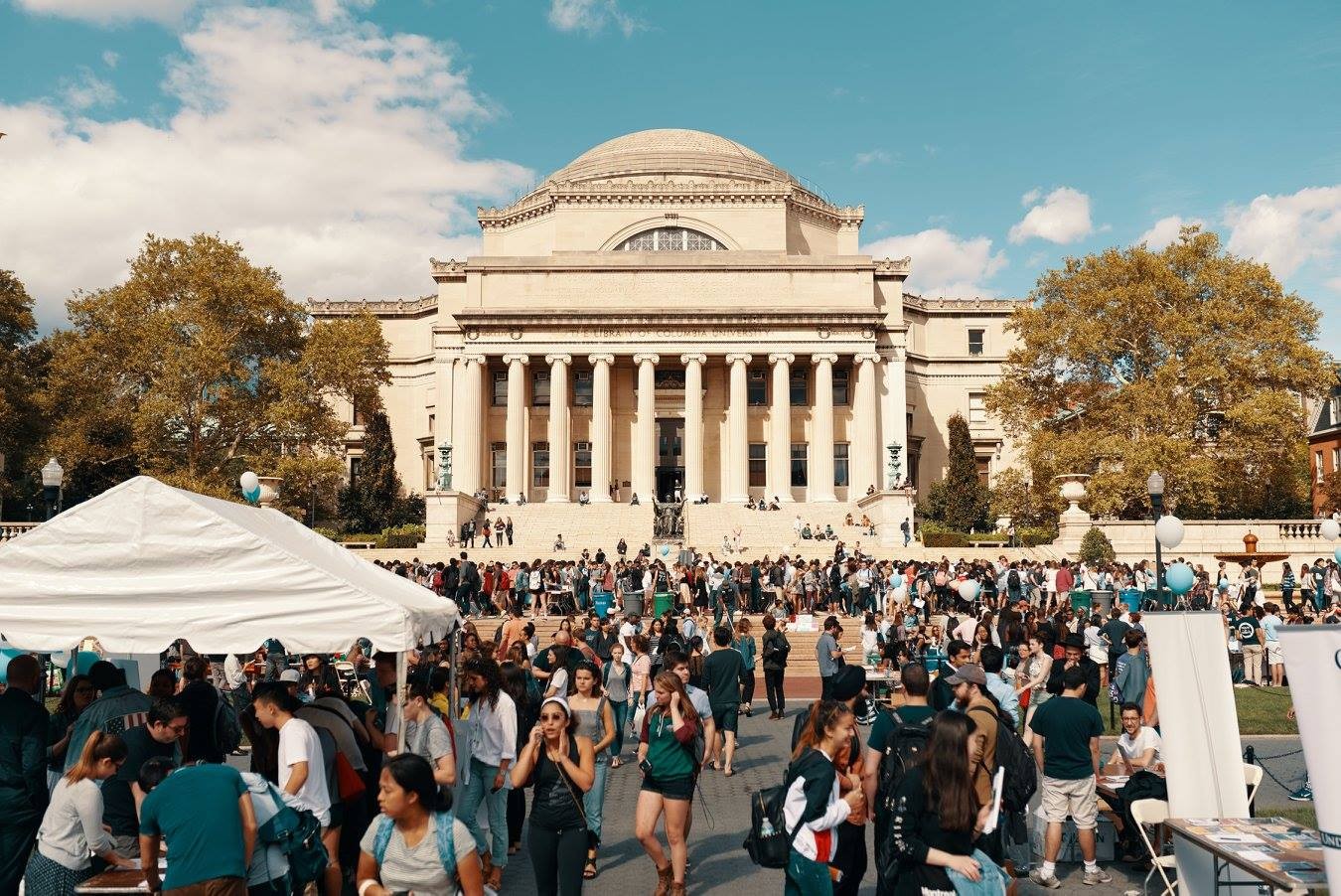
With the third week of classes nearing an end, Columbia University students are settling into a new semester and may be looking to expand their social and academic horizons. One of the best ways to do so is through the hundreds of Columbia and Barnard clubs open to undergraduates, many online.
The Center for Science and Society has compiled a list of just some of Columbia’s student-led organizations bringing together scientific knowledge with societal understanding to create interdisciplinary and accessible communities. Each club shared a description of their work along with an answer to the question, “How does your club combine science and society related studies or actions?” Explore for yourself below.
Publications
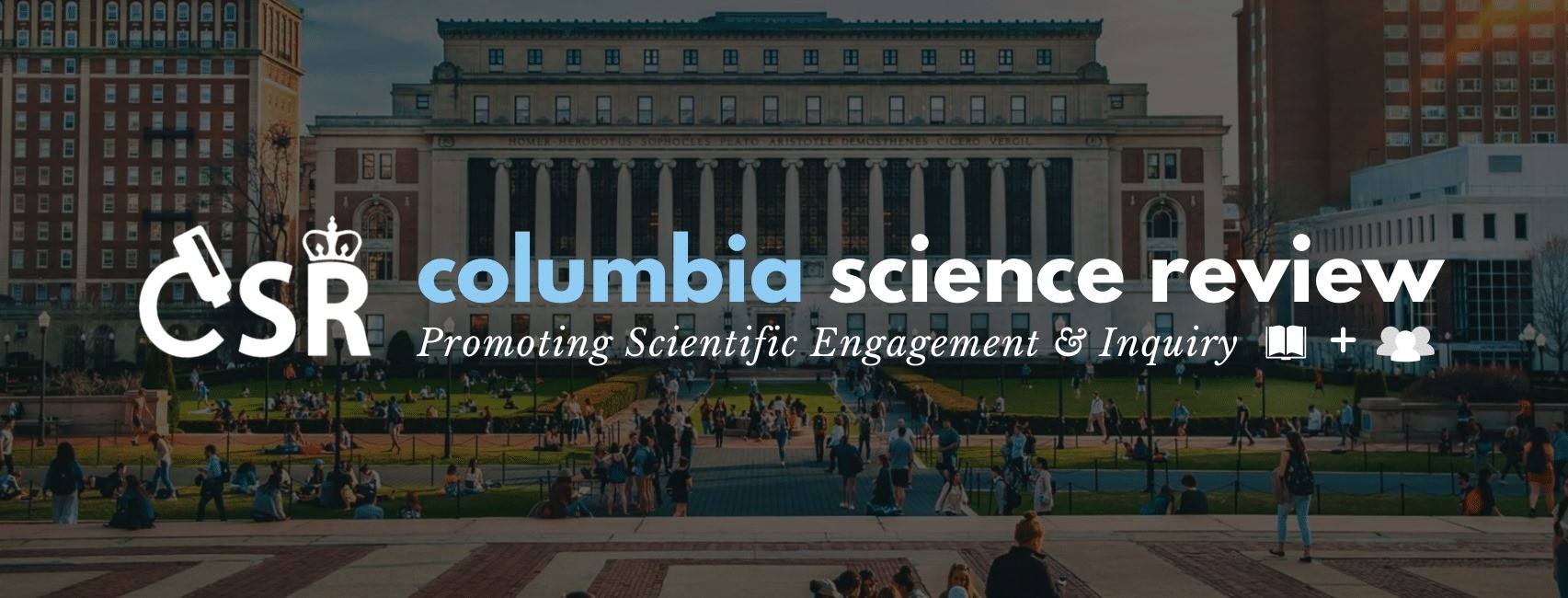
The Columbia Science Review (CSR) is dedicated to promoting scientific engagement and inquiry through reader-friendly publications, vibrant online content, and engaging events/community projects that make science accessible and relevant to everyday society.
CSR creates opportunities for everyone to engage with science in fascinating, unique, and personally relatable ways. Through our unique blend of publications and interactive events, we've spotlighted the scientific perspectives behind music perception, art conservation, mass media, gender in professional athletics, and so much more.
In light of the current pandemic, our work at CSR has become more important than ever. Major pillars of our society (such as public health, social justice, and economic development) have become deeply intertwined with the science of COVID-19. By serving as a clear and accessible link between the scientific community and the general public, we aim to spark continual discussion and increased understanding of how to stay healthy and live mindfully in this unprecedented landscape.
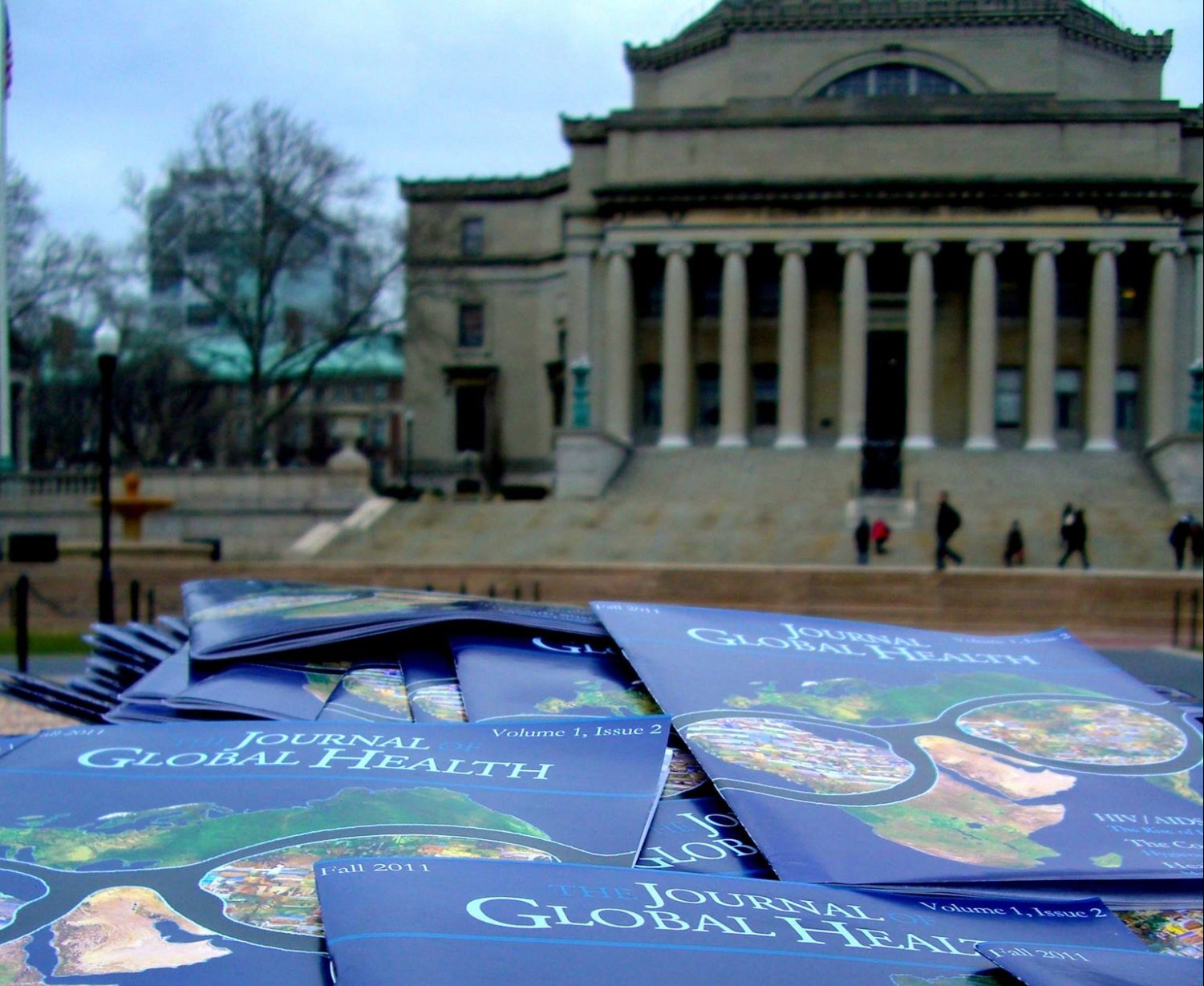
The Journal of Global Health is Columbia's undergraduate-run global health multimedia organization, seeking to highlight voices underrepresented in the global health community and spark dialogue among students and the broader community through our podcasts, blog, community events, and biannual issues.
The Journal of Global Health (JGH) as an organization engages in the fields of global health and public health, both of which are intrinsically interdisciplinary fields that explore the interactions among society, health, and science. JGH works to create and promote spaces that allow for greater awareness, understanding, and conversation regarding global and public health issues. JGH biannually publishes student research in public and global health, engages with those in the public health field via its podcast series What is Global Health? as well as its new blog, Voices of Global Health, and seeks to include the broader community, both through the aforementioned podcast series and blog, as well as the events hosted each year with featured speakers. Through these efforts, JGH hopes to break down disciplinary divides and highlight the implications of global health issues today.
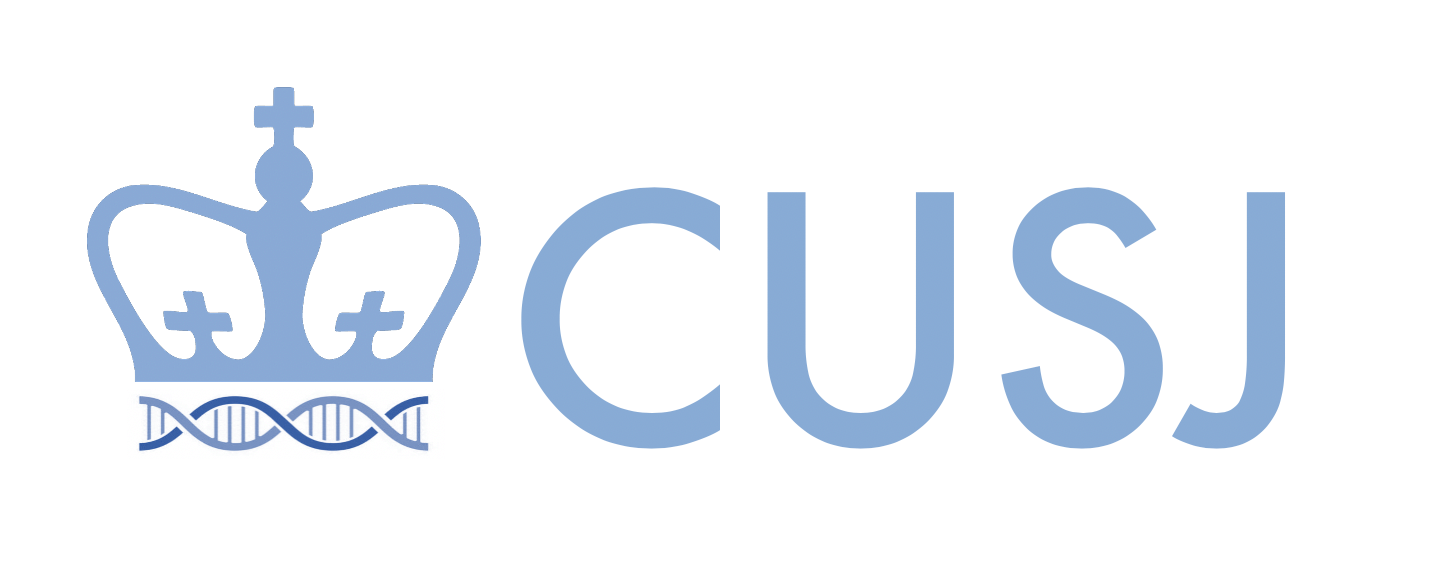
Columbia Undergraduate Science Journal (CUSJ) is Columbia's undergraduate science research publication.
By serving as a reputable source for young scientists and the scientific community at-large, CUSJ conveys scientific information in an accessible and credible manner. Not only does CUSJ publish a yearly professional-level and open-access undergraduate science research journal for the Columbia and Barnard community, but it also manages the Columbia Junior Science Journal, containing cross-disciplinary research by high school students. CUSJ communicates significant scientific studies through their publications and Spring Research Symposium open to all. CUSJ will also host the Undergraduate Conference on Scientific Journalism this fall, bringing together student-scientists from across the nation to discuss research ethics and practice, publication guidelines, and more.
Service
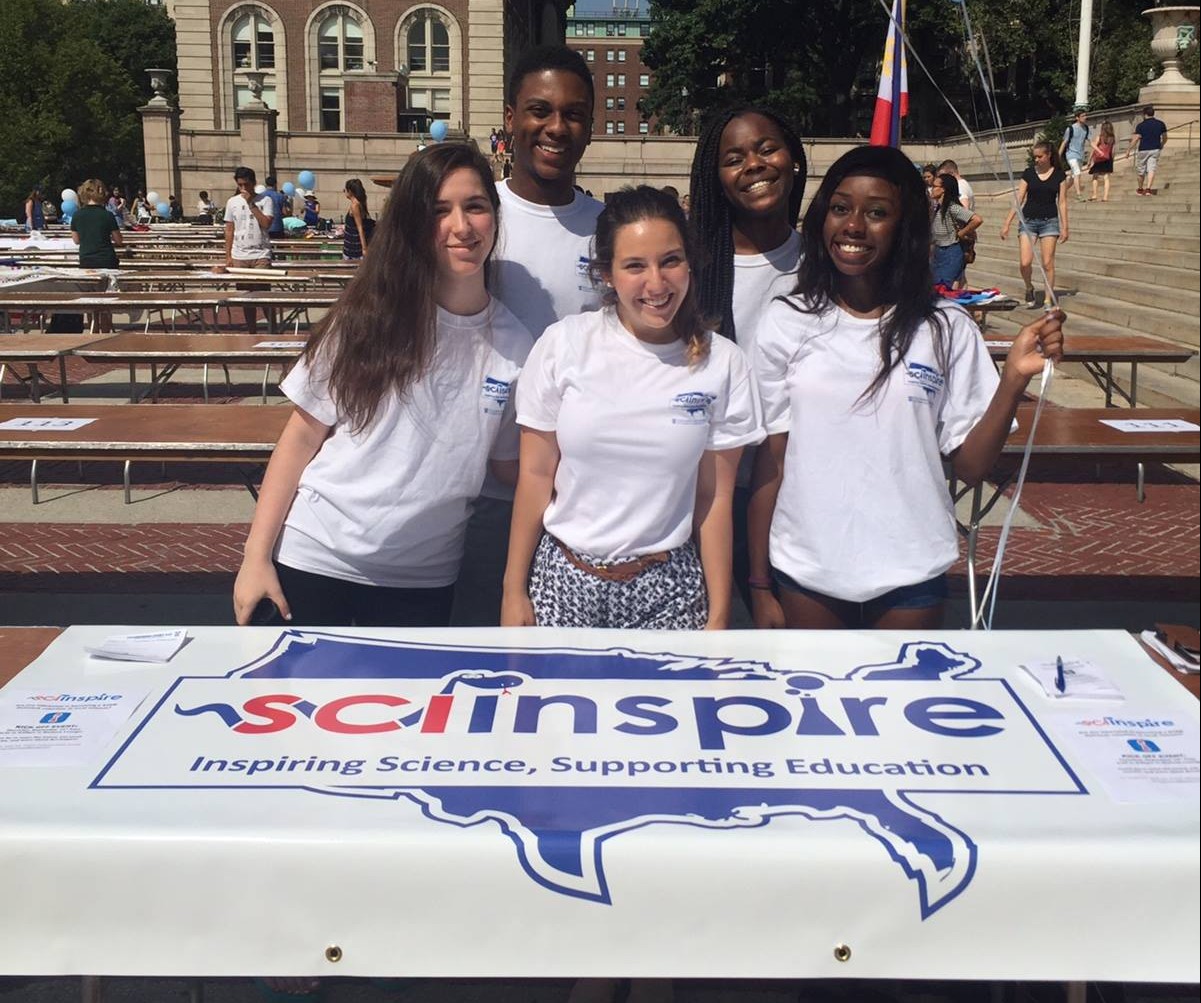
Sci-Inspire is a 501(c)3 nonprofit social network for science outreach piloting at Columbia University and George Washington University. that connects K-12 educators with university science college students to boost science attitudes and aptitudes in American youth.
As a nonprofit organization, our goal is to assist STEM educators in spreading the values and knowledge of science to young students. There are many schools that do not have the resources to provide excellent STEM education, and it is crucial that within a society, people help each other to increase accessibility to STEM education. We are currently looking for volunteers to help with our mission.
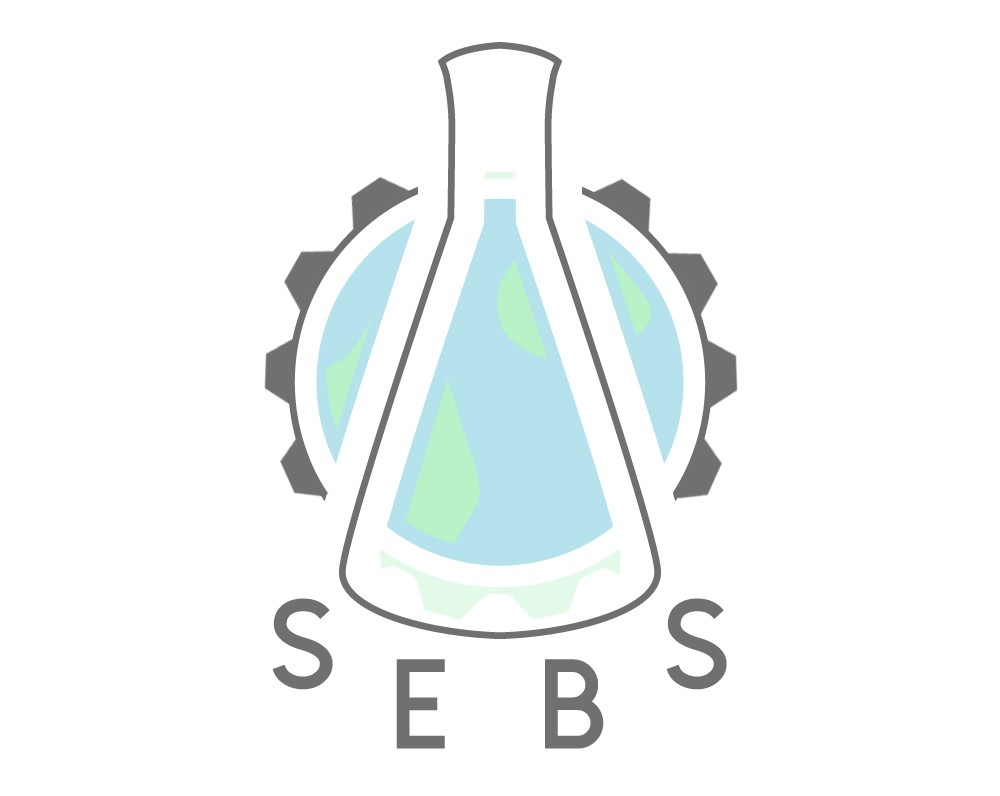
Scientists and Engineers for a Better Society (SEBS) is a Columbia University student organization dedicated to increasing scientific awareness in our society through educational outreach and fun community events!
SEBS focuses on the impact of science on our community through service opportunities, including hosting events with science-related activities for all ages, holding informative career-based panels, and collaborating with other STEM and volunteering clubs. We value the importance of community-building and aim to increase scientific interest through open-access events such as Fall for Science and Spring into Science!
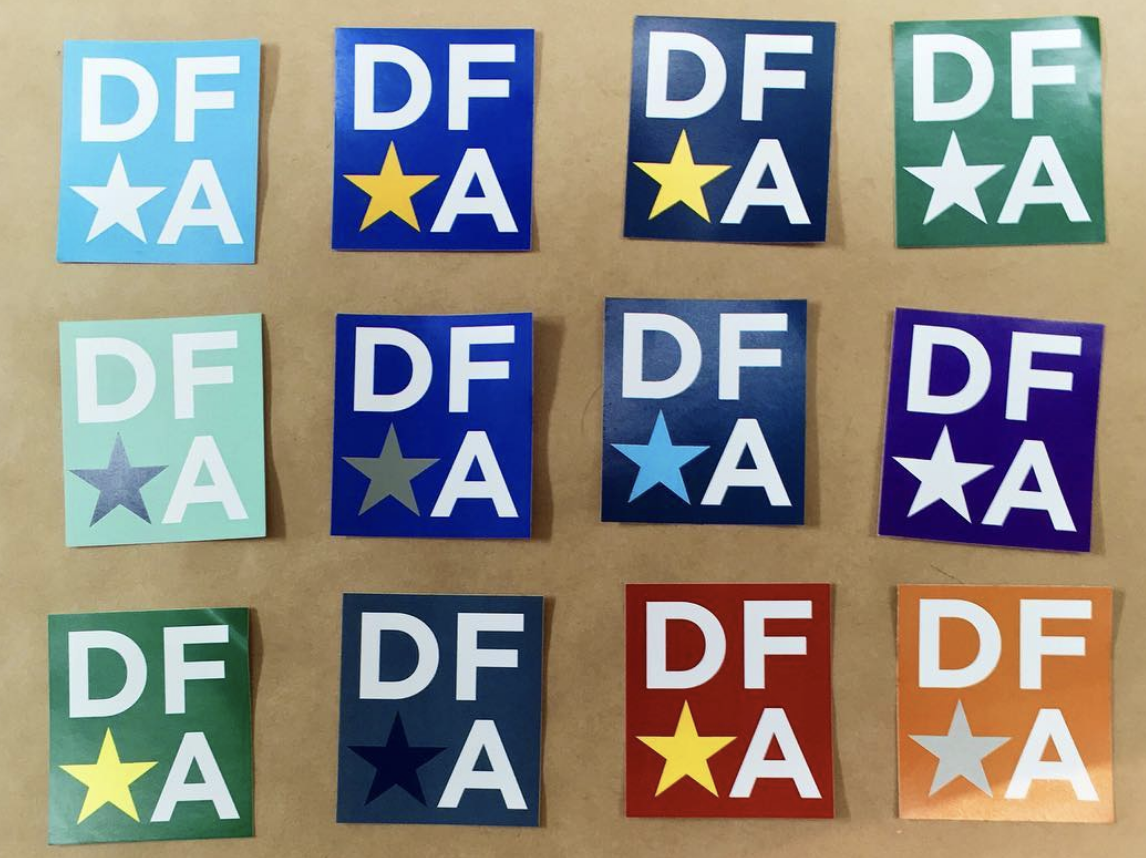
Design For America is a group of students using human centered design and creative problem solving to address a wide range of social issues on project based teams.
DFA uses science and research to approach solving problems facing humans and society. We interview and immerse ourselves into data and science before ideating, prototyping, and implementing our designs.
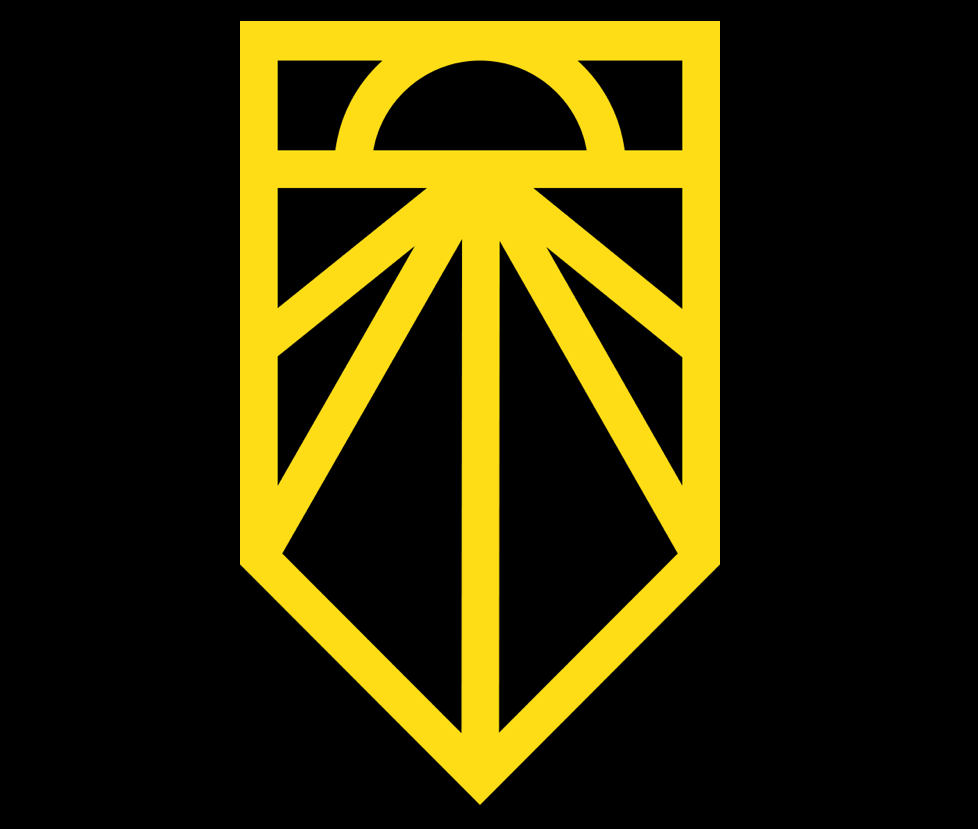
Sunrise Columbia/Barnard is part of the greater national Sunrise Movement to combat climate change and create green new jobs in the process.
Sunrise Columbia is dedicated to fighting for climate justice, and concrete action in response to the climate crisis, such as Columbia’s divestment from fossil fuels; we take heed in scientific findings such as the IPCC (AR5) Report and, understanding the urgency of immediate climate action, aim to use people power and organization to fulfill these imperatives.
Academic

As a program sponsored by the Center for Science and Society, the Research Cluster on Science and Subjectivity(RCSS) provides undergraduates with the experience of taking responsibility for their own work as future scientists and physicians who will practice with a more complete understanding of their fields and who they care for.
RCSS is led by undergraduate interns under the advisory of Dr. Robert Pollack. Exploring topics related to spirituality and the arts in end-of-life care, the role of race and inequality in healthcare, and the ethics and implications of genetics in healthcare along with many other subject areas, RCSS develops projects, events, and courses accessible to the undergraduate community with the purpose of combining interdisciplinary studies and service learning.

Together, Columbia Bioethics Society explores the ethical implications of current topics and recent advancements in science, technology, and medicine through guest speaker events and student discussions.
We extend the conversation beyond science and explore the ethical, social, political, and legal implications of scientific advancements in order to understand how they affect virtually every aspect of society—from the individual to public health to public policy. We also contextualize these issues within the past and assess how they will impact the present and future state of society.
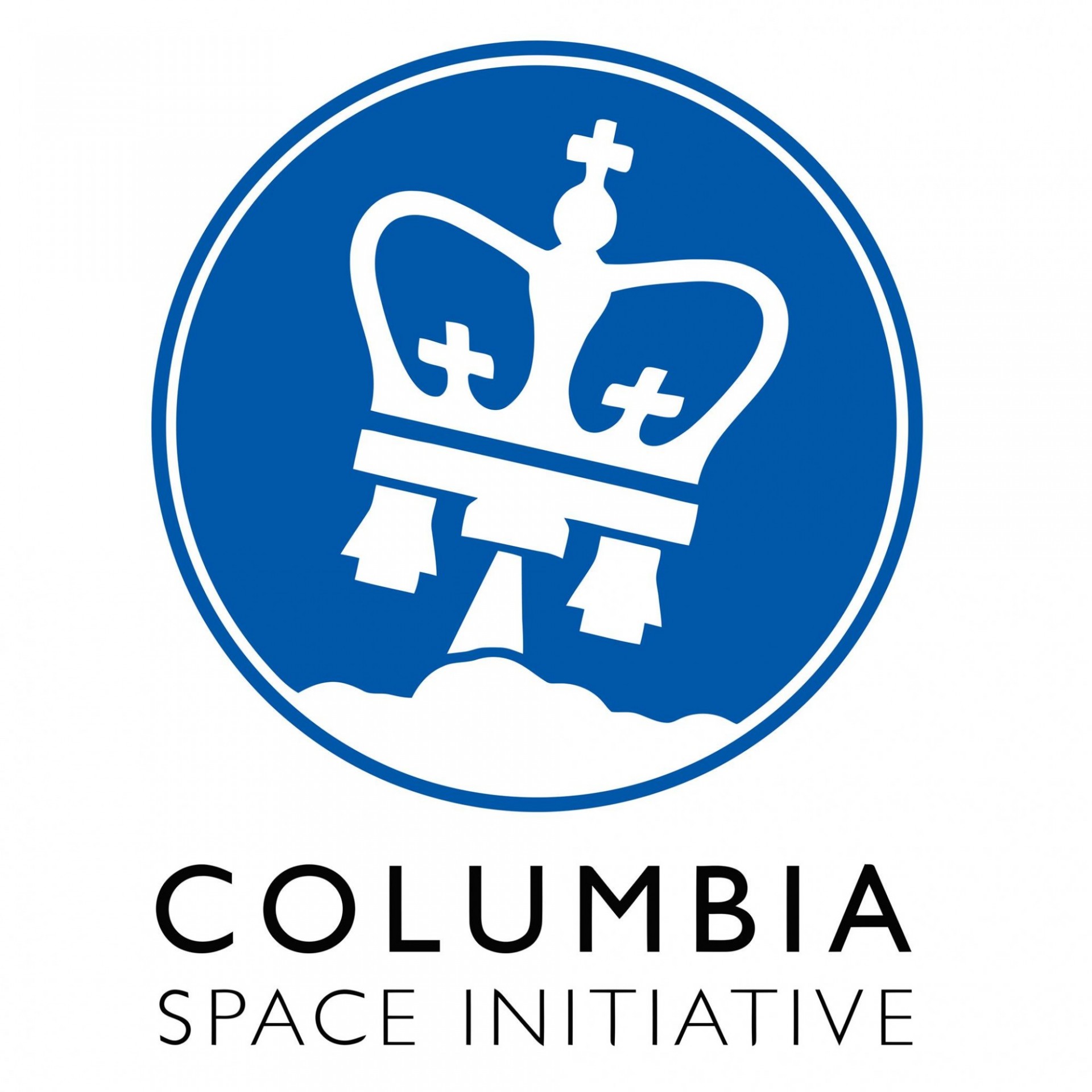
The Columbia Space Initiative (CSI) is a student space technology and outreach club which serves as an umbrella organization for mission teams involved in everything from nanosatellite mechanical design to hosting space policy forums.
The Columbia Space Initiative takes an interdisciplinary approach to engaging in the field of aerospace. In particular, as space technology development has advanced exponentially in recent years, CSI has worked to address the growing need for collaborative efforts to bridge aerospace engineering and ethical policymaking. In the most recent CSI Space Hackathon, for example, CSI introduced a new non-technical category of “policymaking” in addition to the two previous “software” and “hardware” categories of the Hackathon. Student submissions in the policymaking category underscored the importance of thinking about the implications of aerospace research and development in a larger societal context. In addition to fostering discussions of space policy during Hackathons and Space Policy forums, CSI incorporates questions of science and society in its educational outreach events and guest lectures. CSI developed climate conservation activities for its Girl Scouts space science badge program to teach students about the importance of reducing light pollution for observational astronomy, and has welcomed guest speakers like NASA Flight Surgeons who discuss the ways that aerospace medicine technology can be applied to medical issues found in extreme environments on Earth.
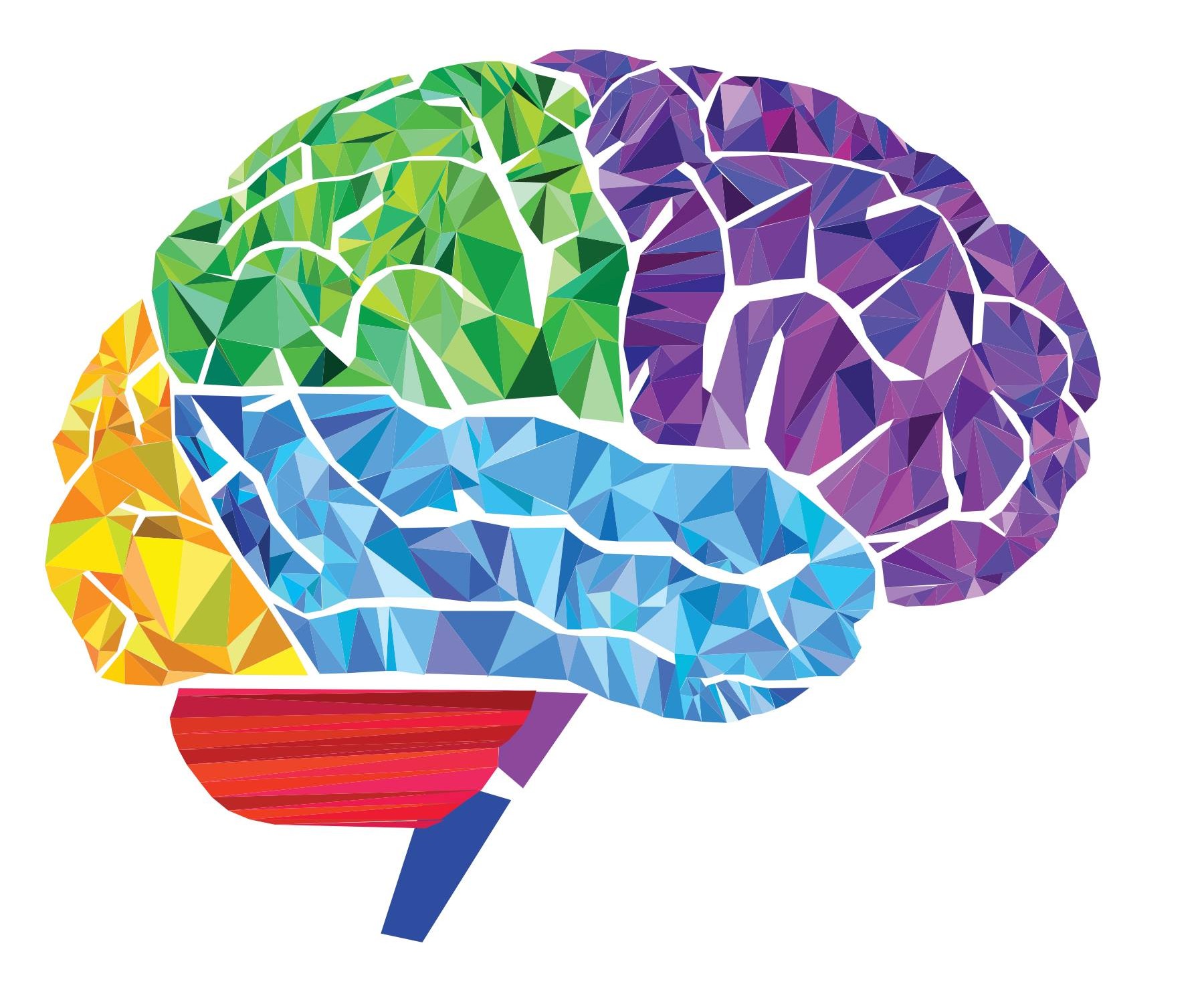
The Columbia Neuroscience Society (CNS) is an interdisciplinary community of undergraduates who are interested in exploring the scientific frontier of neuroscience; facilitating communication between students and faculty; and providing opportunities for learning, research, and discussion beyond what is offered in the classroom.
As a group, we’ve historically been compelled to explore the ways in which scientific discovery impacts society at large as well as how we can promote positive societal changes using our resources and connections to the scientific community. To this end, we have a vested interest in developing scientific outreach programs and educational initiatives for many different audiences. One of the most established is our longstanding partnership with the Zuckerman Mind Brain Behavior Institute, which normally leads a monthly Saturday Science initiative to educate children in the Harlem community about neuroscience, at a basic level, through fun, interactive activities (that are led in part by some of our own members)! Additionally, this year alone we started two new initiatives at the intersection of neuroscience and society, the first of which was our first ever intercollegiate conference, Encephalon: Neuroscience Thinking Forward, which brought together experts in neuroscience, artificial intelligence, machine learning, bioengineering, neuroethics, medicine, philosophy, and philanthropy, who gave lectures primarily on how these fields’ progress can provide cross-disciplinary insights with substantial benefits to society.
We also just wrapped up a summer program that was designed to provide an accessible opportunity for high schoolers to learn about neuroscience (and related fields) from Columbia undergraduates, which we’re now expanding into a full-on mentorship program. Beyond this, we have had events that shine light on many larger societal issues, often through the lens of research, including a lecture on neuroscience in criminal justice and law, as well as many events that champion the destigmatization of mental health. These are just some of the ways we’ve tried to make science seem interesting, inclusive, and above all, impactful!
